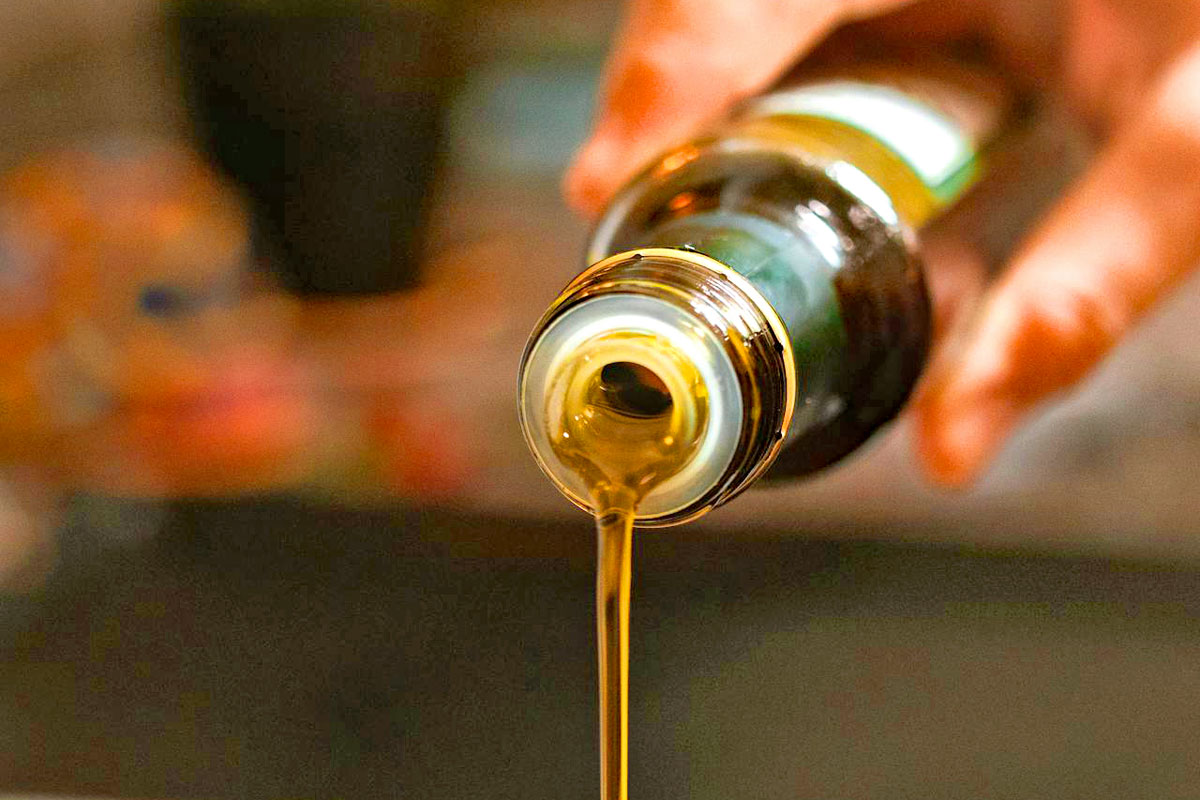Let’s face it: most gym-goers in the UK or US eat like toddlers let loose in a vending machine. And unless you’re a professional athlete—or pretending to be one on Instagram—your diet advice is more likely to come from a shredded influencer with a promo code than a sports nutritionist or medical expert. Yet even among the keto crowd, who at least pretend to care about macronutrients, one powerful tool remains vastly underestimated: MCT oil.
Not just for weight loss or morning coffee rituals, this medium-chain fat could be your ticket to better energy, sharper focus, and most importantly, less inflammation. Yes, that same inflammation silently strangling your performance while you’re busy blaming the weather, your shoes, or Mercury being in retrograde.
Inflammation: The Hidden Enemy of Gains
In the sports world, inflammation is the monster under the bed. It’s what keeps your joints sore, your muscles sluggish, and your recovery time laughably long. Chronic low-grade inflammation, often driven by poor diet and overtraining, silently sabotages your progress. And here’s the kicker: even those committed to keto are not immune. Processed meats, poor omega-6 to omega-3 ratios, and stress (hello, life) all contribute. Enter MCT oil—a fat that does more than just fuel ketones. It helps your body put out the fire before it turns into a blaze.
The Science Behind MCTs and Inflammation
Unlike long-chain triglycerides, MCTs (medium-chain triglycerides) are absorbed quickly, sent straight to the liver, and converted into ketones without the metabolic red tape. This fast-track conversion provides not only an efficient fuel source but also modulates key inflammatory pathways. Recent studies have demonstrated that regular intake of MCT oil reduces levels of pro-inflammatory cytokines like IL-6 and TNF-alpha—two usual suspects behind exercise-induced inflammation and fatigue.1 One 2024 trial involving recreational athletes showed a significant drop in systemic inflammation markers after just four weeks of daily MCT supplementation.2
No, You Don't Need to Be Keto—But It Helps
Let’s not pretend MCT oil is reserved for keto zealots who test their blood ketones more often than they call their moms. While MCT oil shines brightest in a low-carb environment, its anti-inflammatory effects and energy-boosting properties are not exclusive to the ketogenic elite. Even those following moderate-carb plans or traditional training regimens can benefit. MCTs increase fat oxidation, improve mitochondrial efficiency, and reduce post-exercise muscle damage regardless of your carb count.3 But if you are in ketosis, it’s like throwing jet fuel on your metabolic fire—minus the drama of crashing blood sugar or mood swings.
British Breakfasts and American Drive-Thrus: Why Diet Still Matters
Let’s be honest: athletes in Britain and America often train hard but eat harder—and not in a good way. The "all-day breakfast" culture of beans, bacon, and toast or the American love affair with protein bars made from syrup and hope does little to support optimal recovery. Most non-professional athletes don’t get personalized dietary support unless they shell out for a private coach or stumble into a dietitian’s office by accident. This nutritional negligence means inflammation stays high, performance stays average, and fatigue becomes normalized. MCT oil won’t fix everything, but it’s one of the few interventions that actually work without requiring a full lifestyle overhaul.
Mental Clarity and Physical Output: The Brain-Body Advantage
MCTs don’t just help your biceps—they help your brain. Ketones, particularly beta-hydroxybutyrate produced via MCT metabolism, cross the blood-brain barrier and fuel neurons directly. This results in improved cognitive performance under stress—something we could all use, whether it’s during a tough set or a Monday morning meeting. A 2023 neurobiology review found that MCT supplementation improved reaction times, memory performance, and task persistence in both trained and untrained subjects.4 For athletes, this means more focus during complex movements, better decision-making under pressure, and fewer dumb mistakes that can derail a session or a season.
MCT Oil and Body Composition: The Fat That Fights Fat
Here's the paradox: adding fat to your diet can help you lose fat—if it’s the right kind. MCT oil has been shown to increase thermogenesis, enhance satiety, and promote greater fat oxidation compared to long-chain fats.5 When combined with resistance training and sufficient protein intake, MCTs can support lean mass maintenance while nudging the scale in the right direction. And unlike sketchy fat-burner pills, MCT oil doesn’t come with insomnia, mood swings, or a racing heart. Just smoother energy, fewer cravings, and a metabolism that works with you instead of against you.
So How Much MCT Oil Do You Need?
More doesn’t always mean better—especially if you value your digestive comfort. The sweet spot for most people lies between 5 to 15 grams per day, preferably taken with meals. Start low and build tolerance. Most athletes find best results by adding it to their morning coffee, post-workout shake, or pre-training meal. Avoid taking it on an empty stomach unless you enjoy surprise sprints to the nearest restroom. Also, quality matters: opt for C8-rich MCT oil, which has the strongest evidence for ketone production and cognitive benefits.
The Bottom Line: An Easy Win in a Noisy World
In a fitness landscape cluttered with useless gadgets, overpriced powders, and dubious bro science, MCT oil stands out for one simple reason: it works. MCT Oil supports energy metabolism, reduces inflammation, protects brain function, and helps improve body composition—all without requiring a PhD in nutrition or a second mortgage. For athletes navigating a processed food jungle with little expert guidance, this one change can deliver outsized results. So whether you’re lifting weights, running marathons, or just trying to keep your brain online, don’t overlook the power of a daily spoonful of smart fat. Because in a world that’s still hung up on low-fat nonsense, the real rebels know: fat is not the enemy—chronic inflammation is.













